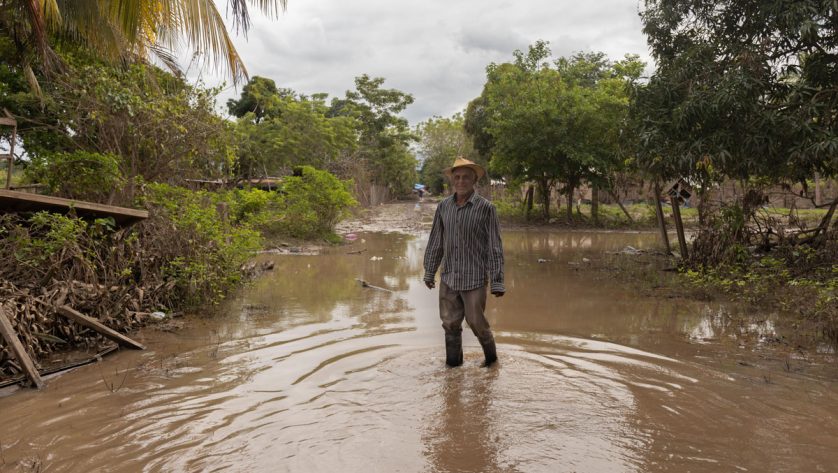Cooking up a new approach
But then the Hungarian Red Cross began cooking up a plan that would change Tünde’s life, while also helping turn around the lives of many people in the area who were going through hard times.
The idea was to create a sustainable social enterprise that would generate enough income to give marginalised people (with mental or physical disabilities, health problems or who are members of ethnic minority groups) a chance to learn new skills, earn a steady income, and find a place to belong.
The product that the Hungarian Red Cross had settled on was goat cheese, which would be produced in a small factory using milk from a small, nearby goat farm. To some in the region, it first seemed like a pretty radical idea.
“This is the first goat farm here in Mezőcsát,” Tünde noted. “The people here were surprised, and even more about the fact, that the Red Cross is doing something like that. Here, the Red Cross is mainly known for blood donation.”
The cheese factory and farm got off the ground with funding from the Hungarian government, the European Union and the Hungarian Red Cross, and after many long days put in by Red Cross employees, from the local branch to Budapest, the new cheese brand was officially launched in April 2019.
The idea came from Red Cross staff who wanted to explore new approaches to humanitarian work in which a social enterprise would create a sustainable way of help disadvantaged residents of the region to find their own long-term livelihood, instead of only giving food or other kinds of donations.
At the same time, this new humanitarian business model would give socially conscious food consumers a way to connect the food they love with things they care about: preserving local food traditions, environmental sustainability, acts of kindness and solidarity and, last but not least, tasty and healthy foods to enjoy (all the farm’s cheeses are made with no preservatives and artificial flavors).
In the end, the goat farm was not only accepted, it took off. The Red Cross’s cheese brand, Kis-Hortobágy Major, launched in April 2019, (see here a link to its Facebook page and a recent YouTube promotional video), has already found a home on shelves in markets from Mezőcsát to Budapest.
 Red Cross Red Crescent magazine
Red Cross Red Crescent magazine 
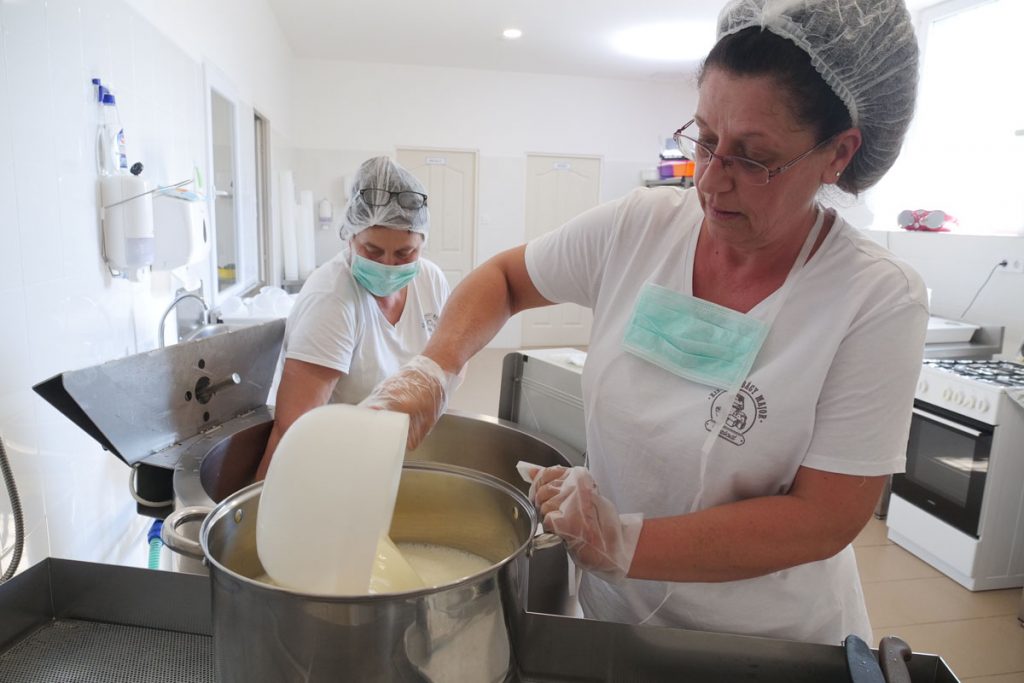
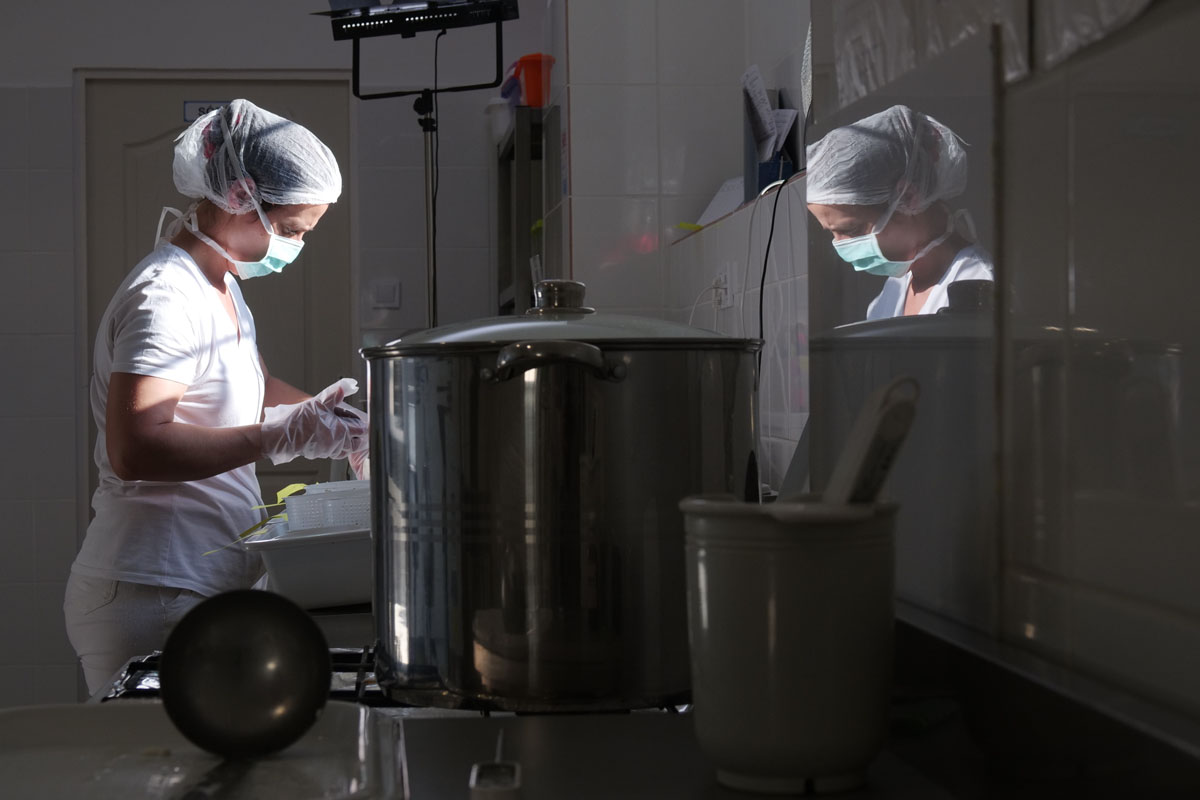
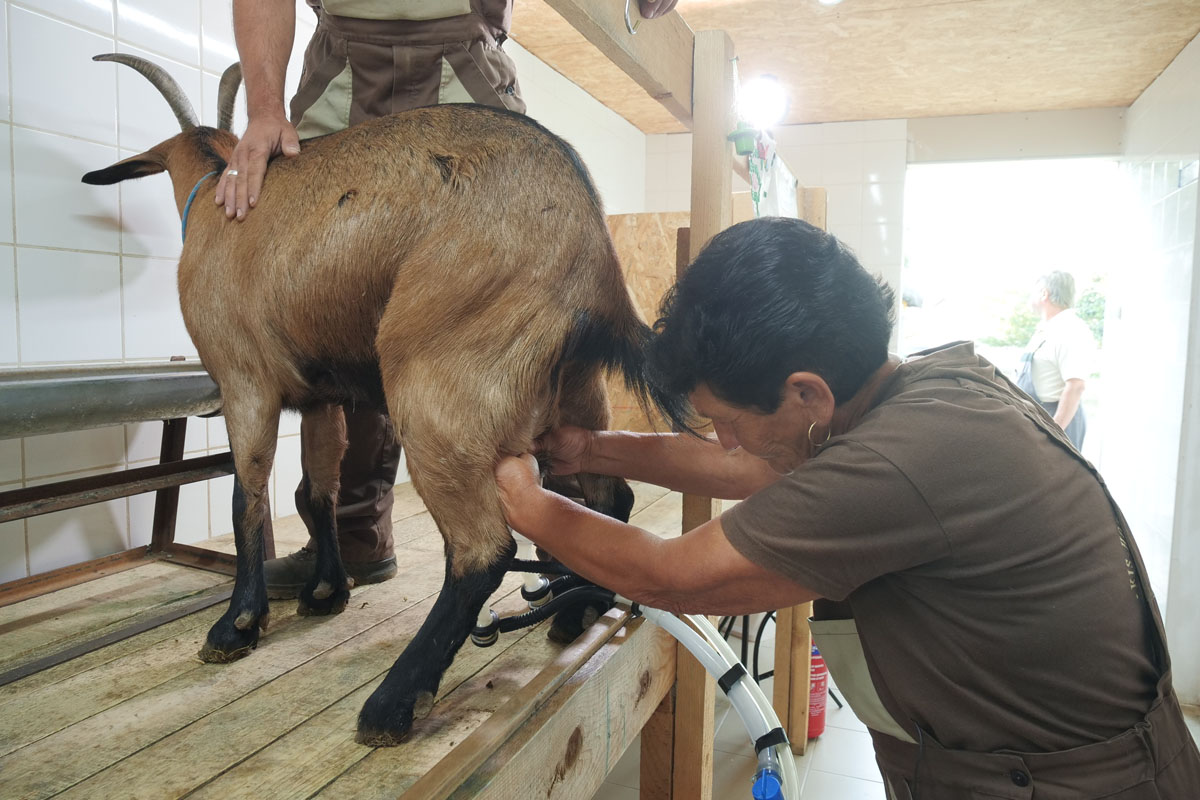
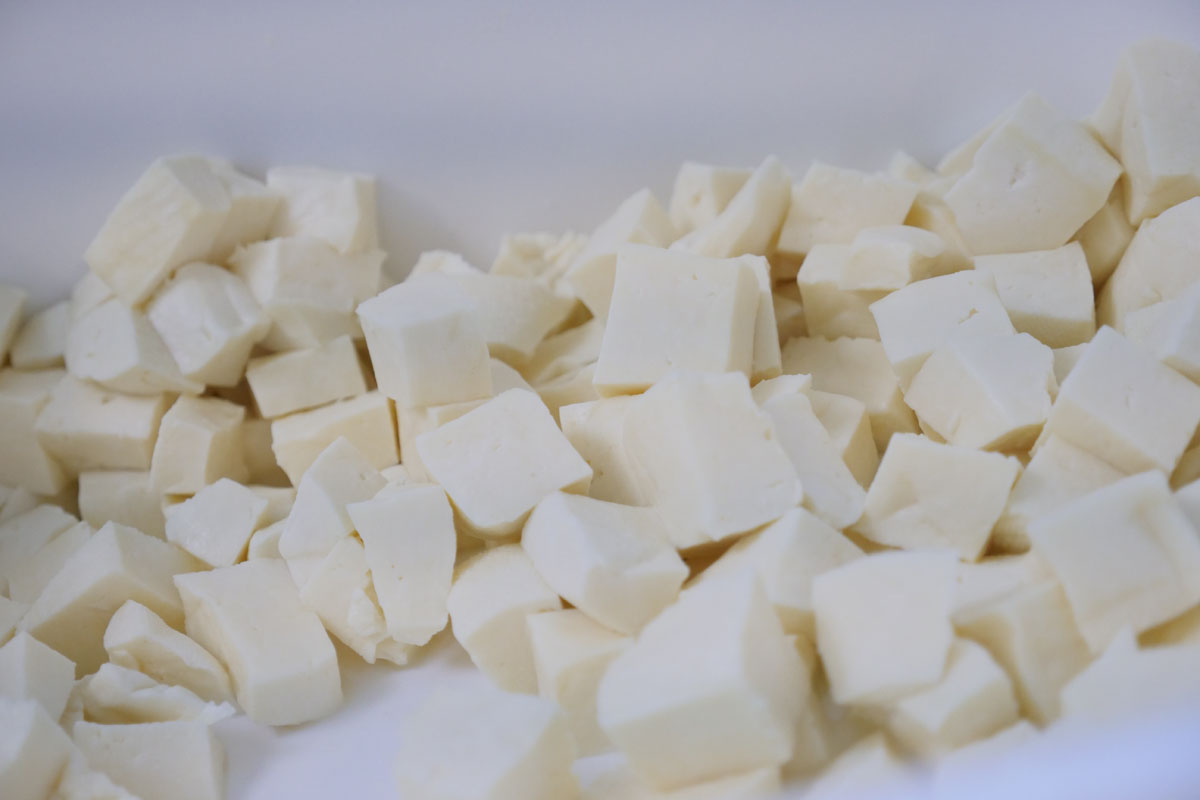


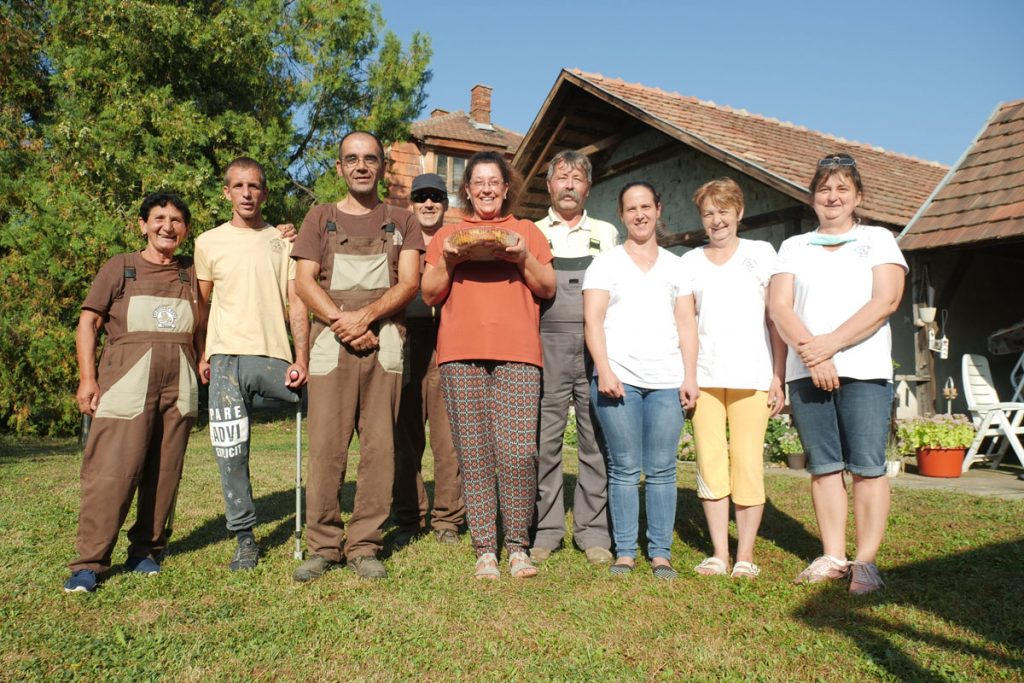





 Tech & Innovation
Tech & Innovation Climate Change
Climate Change Volunteers
Volunteers Health
Health Migration
Migration